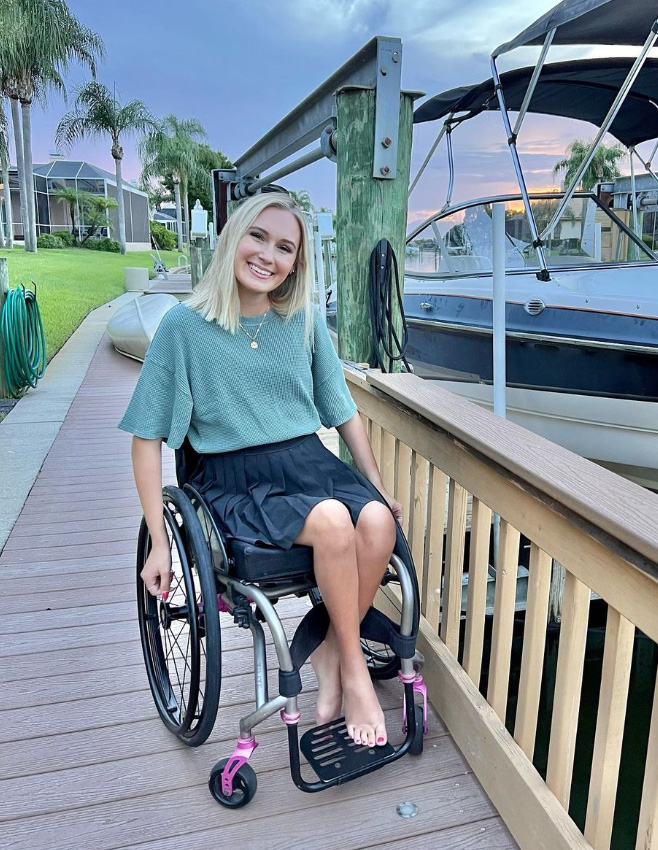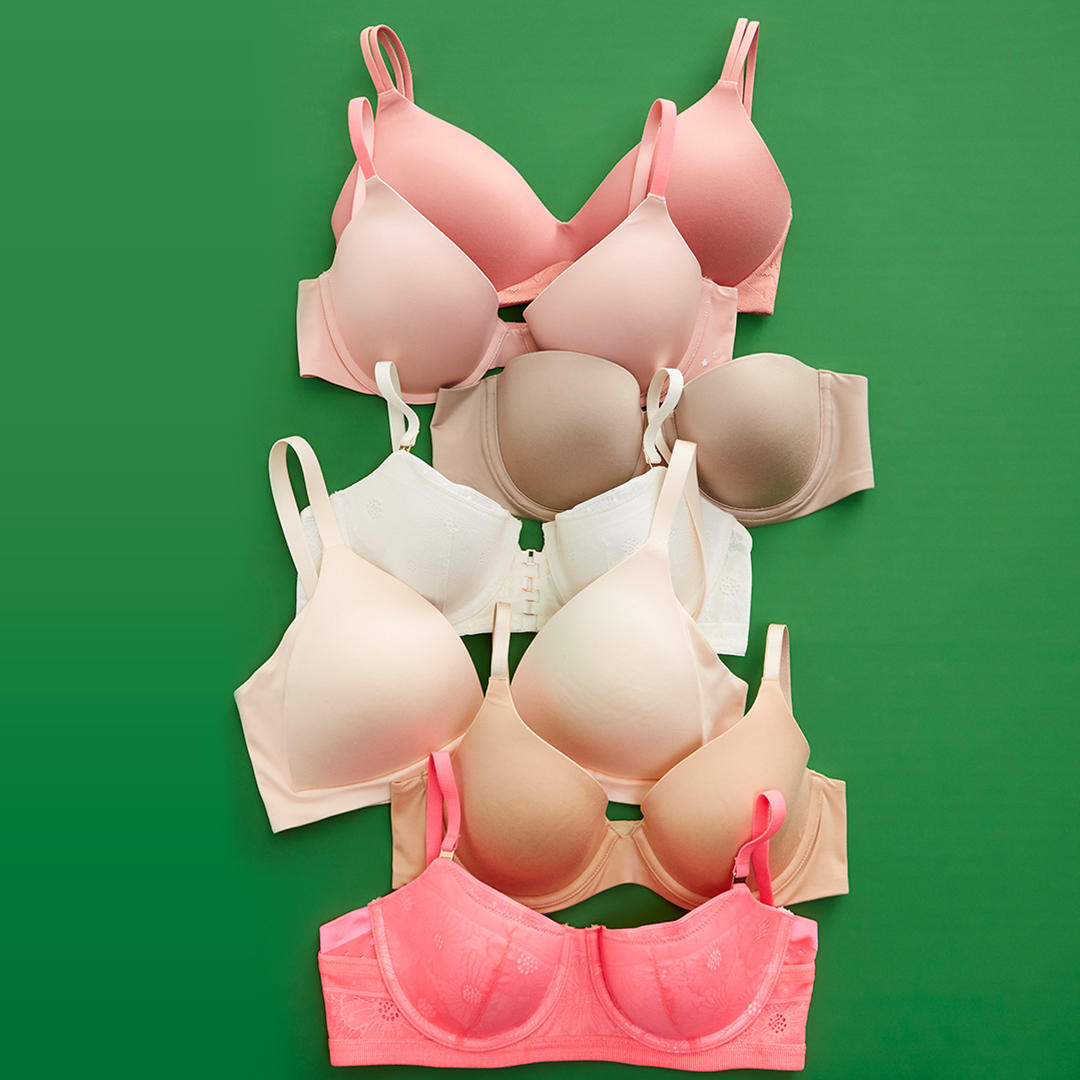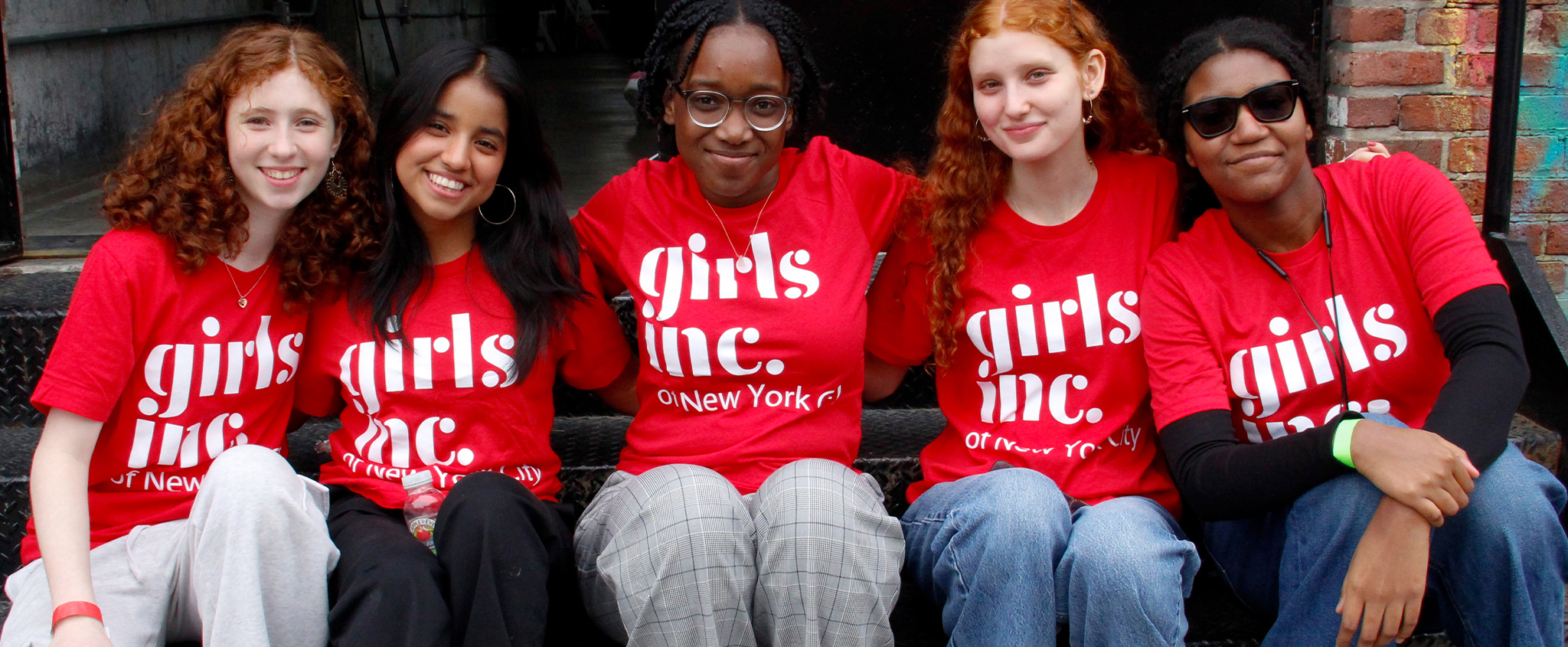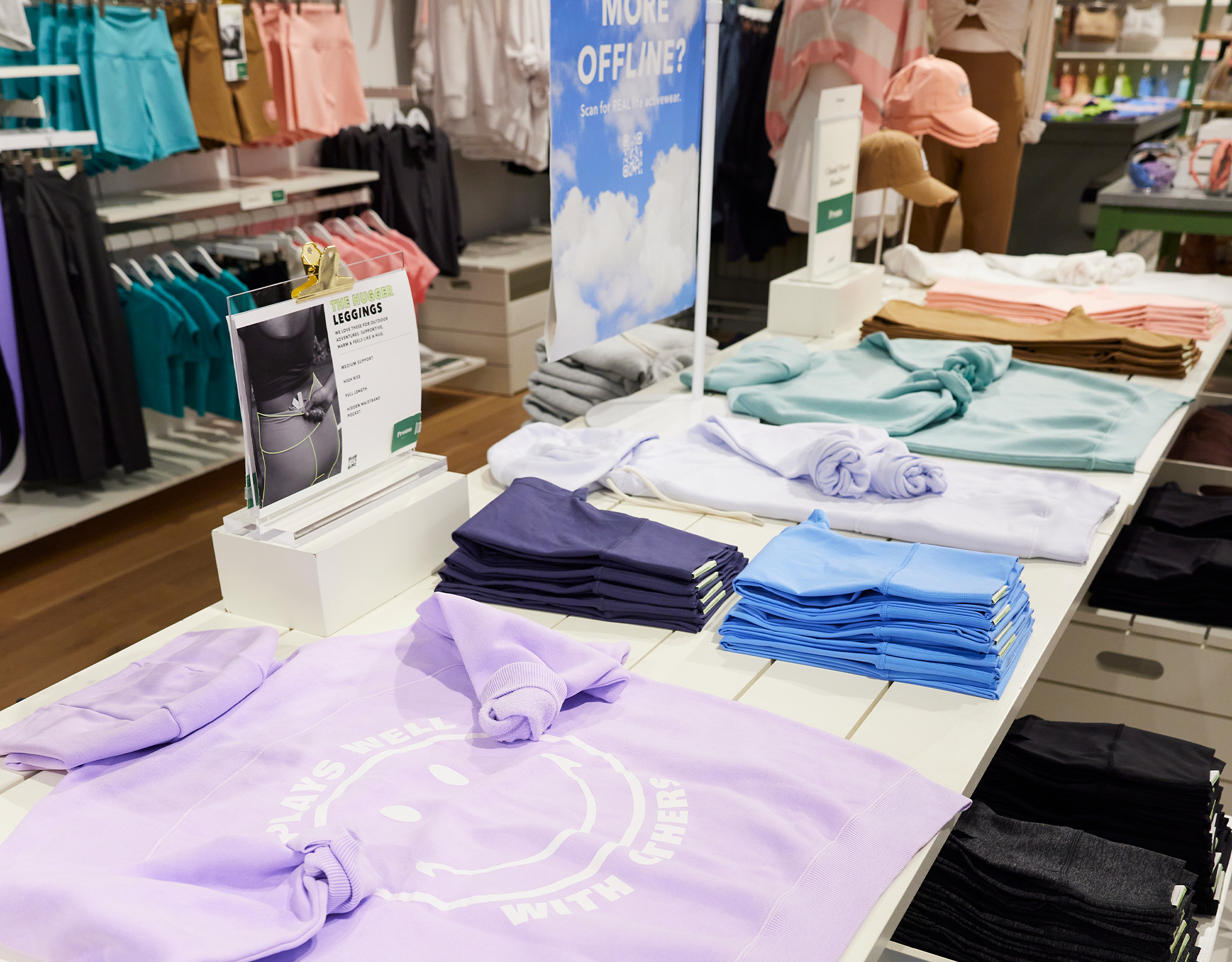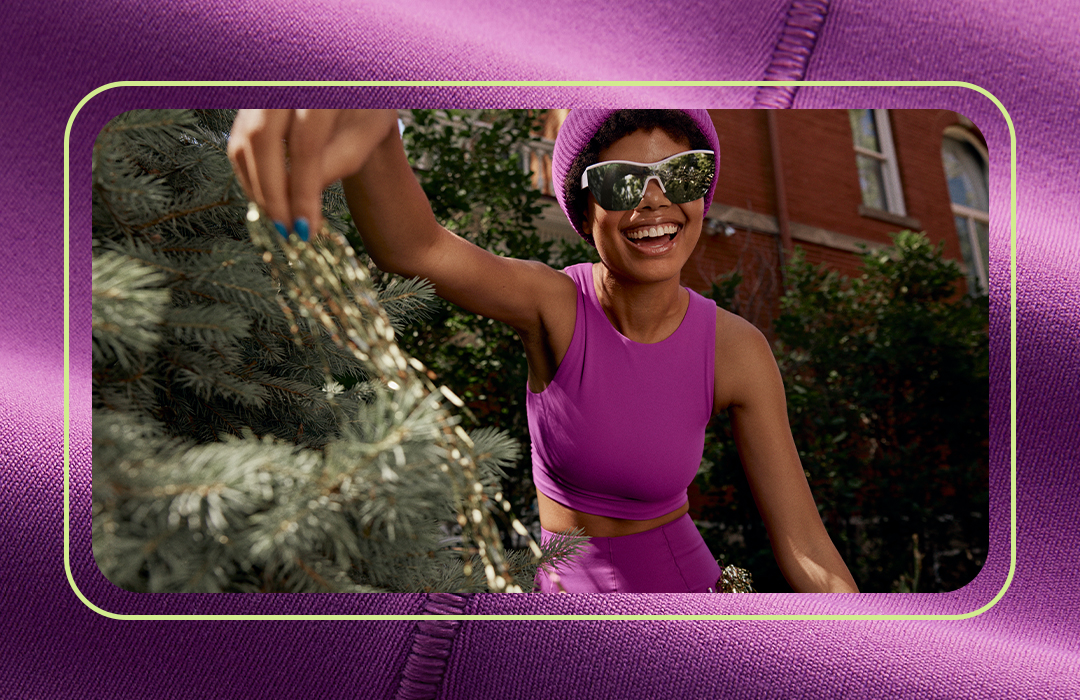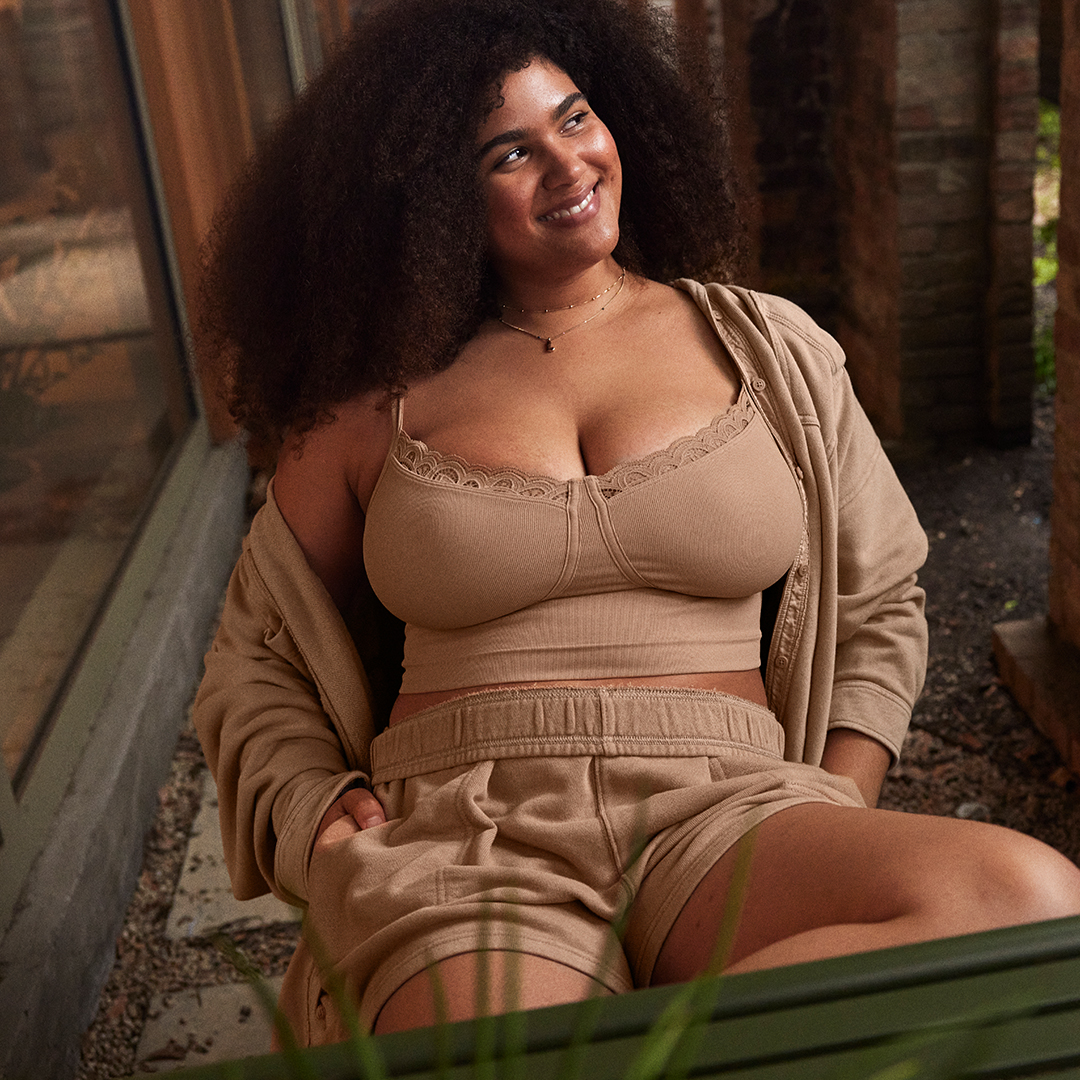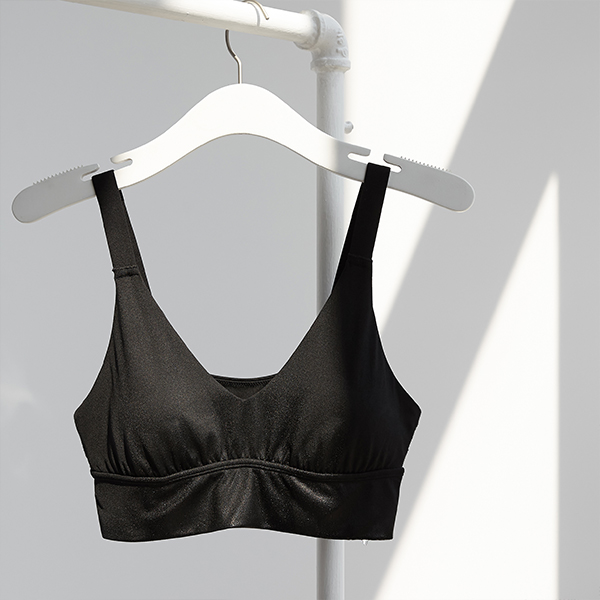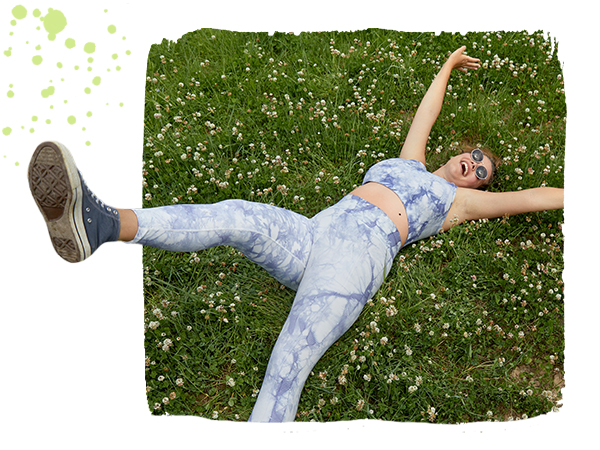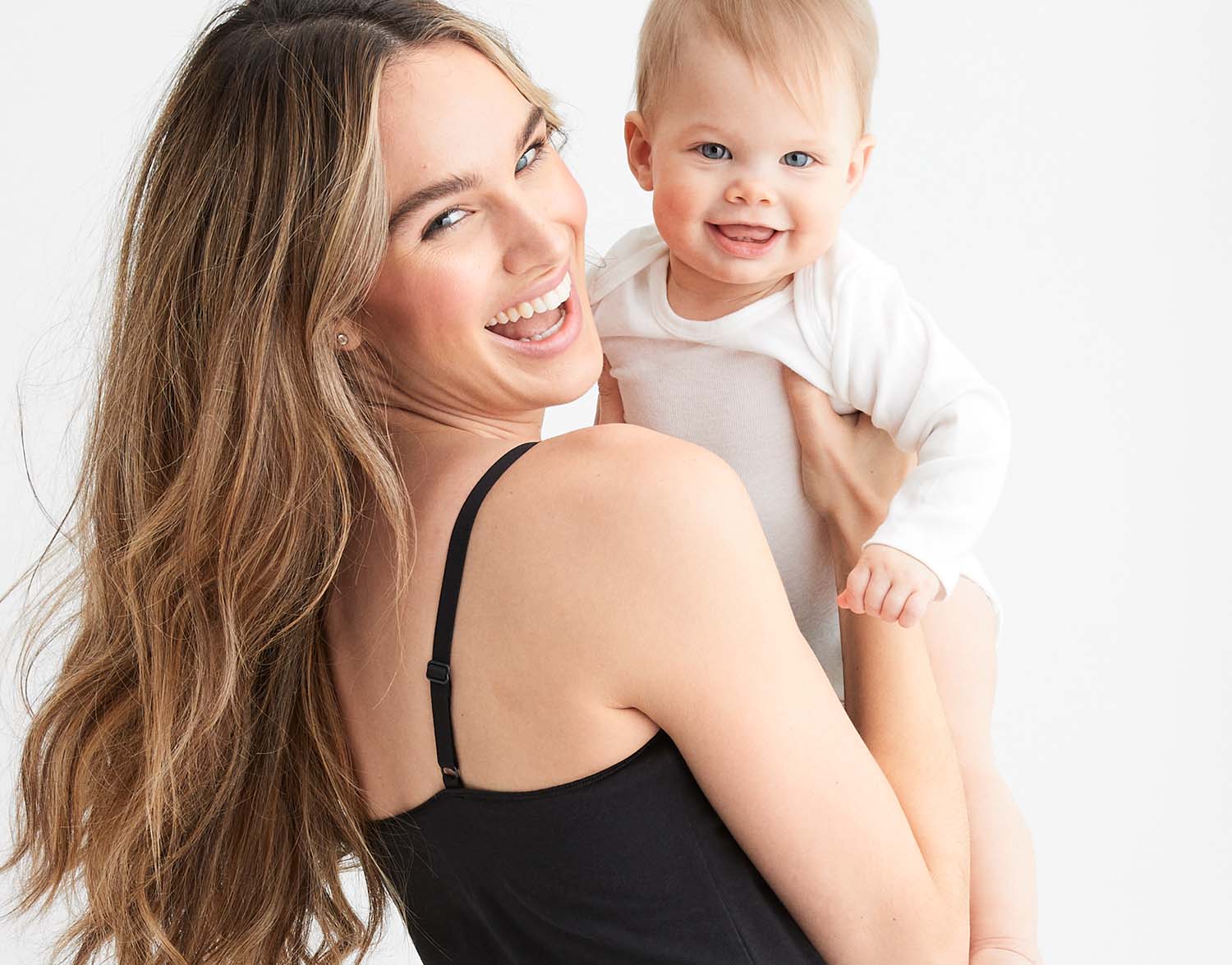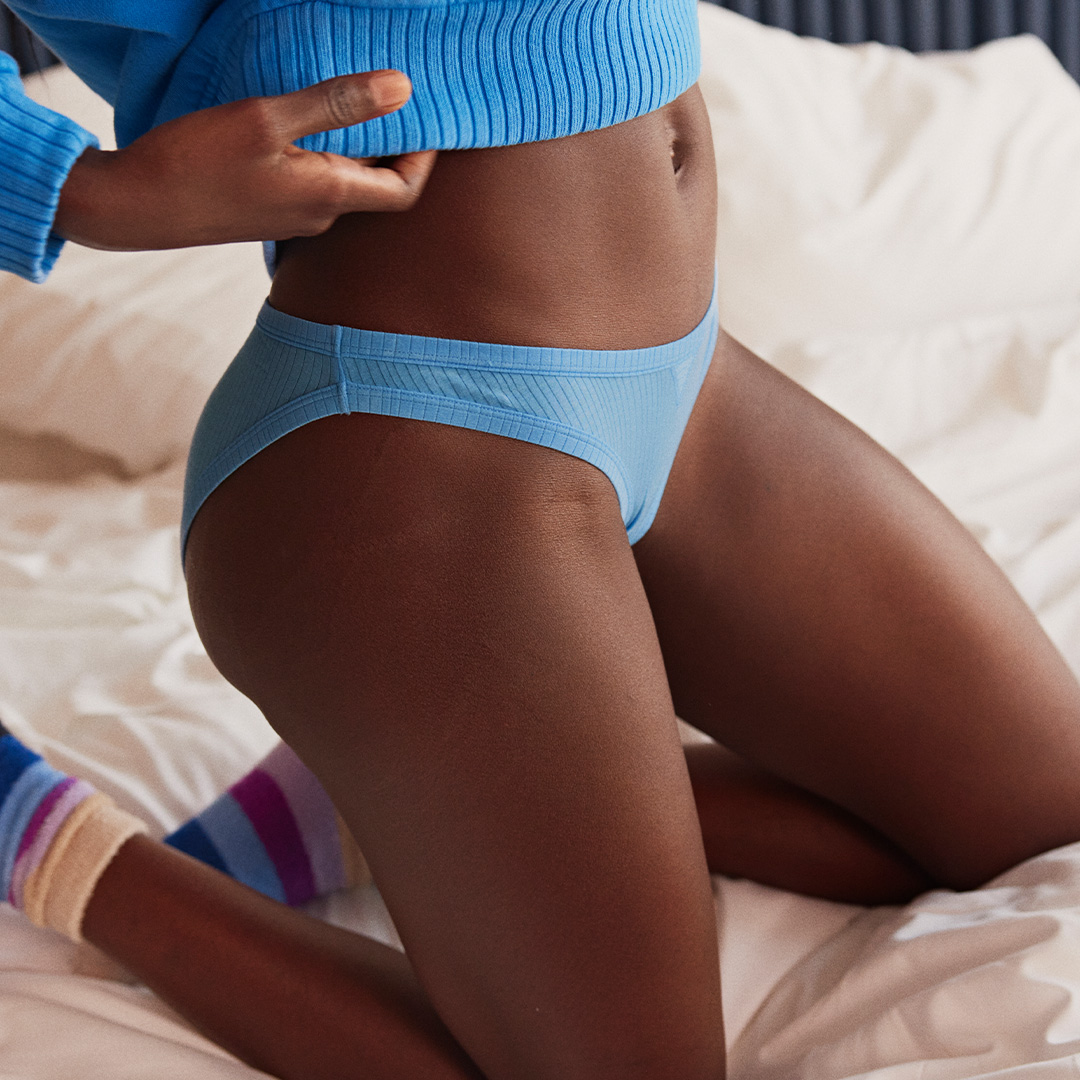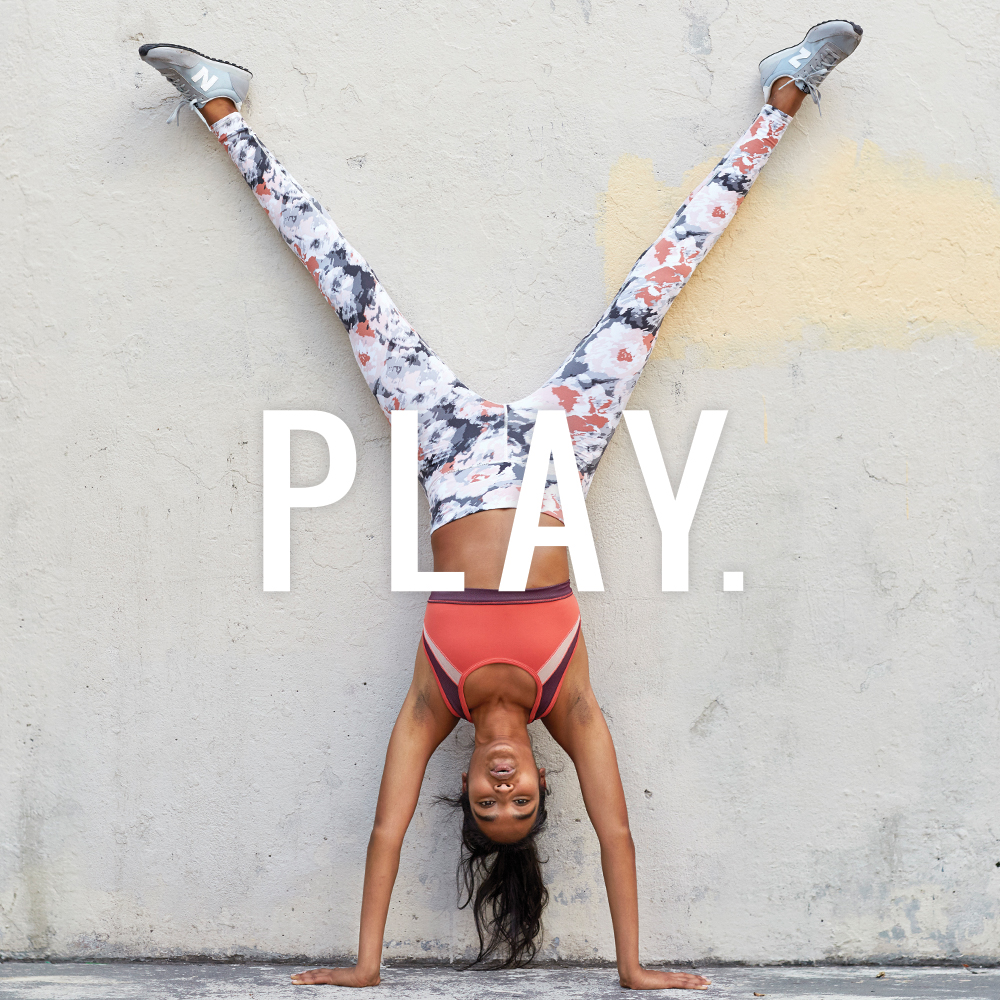When I was really in a tough space with my Orthorexia, I felt latkes and other foods for Hanukkah were off limits. My mother’s recipe helped me take the first step with introducing latkes back into my celebration and using this recipe helps me remember how I was able to once again begin enjoying this food that is such a rich part of Hanukkah celebrations. I am so thankful for brands like Aerie that have made me feel that taking up space is okay, because I can now enjoy foods without guilt and it feels amazing.
If gathering around food makes you anxious or can be triggering, you are not alone and chances are other people who are celebrating with you feel the same way. Ask everyone to bring their favorite game. Sure, there may still be food around, but I think that we all can start new holiday traditions that aren’t just food-oriented, and maybe even focus more on enjoying the company of those around you.
XO,
Edee
If you or someone you know is struggling with body image or eating concerns, the National Eating Disorders Association (NEDA) helpline is available by phone, text, or click-to-chat message at nationaleatingdisorders.org/helpline. For 24/7 crisis situations, text “NEDA” to 741-741.
This recipe has helped me finally enjoy latkes.
Q: What’s a Hanukkah fun fact that makes you smile?
A: The reason so many Hanukkah dishes are fried is because Hanukkah is the celebration of light. You might be thinking… What does fried have to do with light? Well, long ago they had oil candles and there was one candle that had enough oil for one night of light, but it miraculously lasted for eight nights. So, for eight nights, we celebrate this miracle of light through games, food, and well, light!
Q: What is your favorite Hanukkah dish?
A: I definitely would have to go with Latkes. My second choice is the little gold coins you win from playing dreidel, but I’m not sure those are really a food.
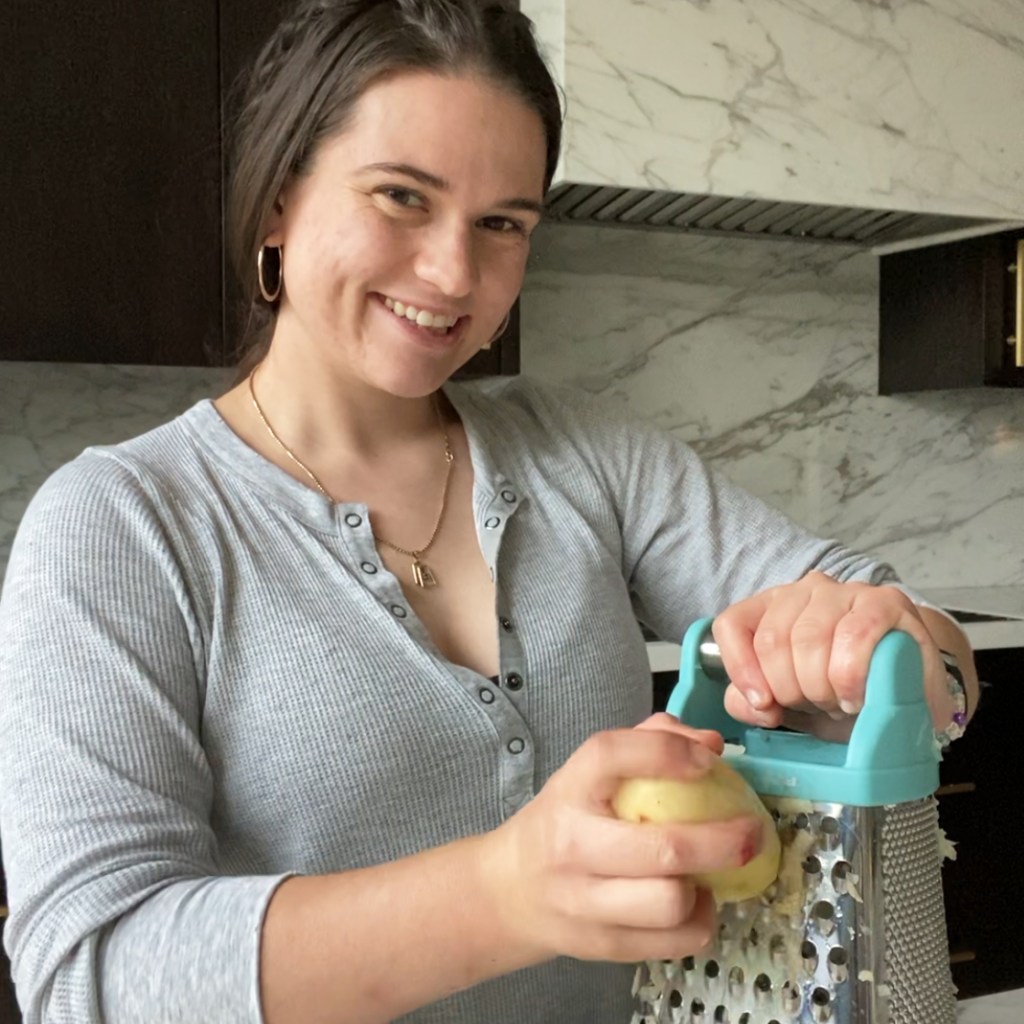
Q: Food is at the heart of so many celebrations. How do you navigate holidays while in recovery from your eating disorder?
A: It can definitely be difficult when there seems to be this pressure to eat as a way of celebration. I personally suffered from Orthorexia which is an unhealthy obsession with healthy food. I try to follow my normal routines as much as possible and not restrict myself by skipping breakfast or lunch in trying to justify eating more later. Intuitive eating has been great for me by letting myself be in touch with my needs, even when surrounded by others. (An example of intuitive eating is eating when you are hungry and stopping when you are full.) I also started creating my own traditions, such as going on a holiday hike in the morning and then spending the afternoon alone watching a movie to check in with myself. I am working on letting go of the pressure that holidays need to be a certain way. My holidays are starting to be a lot less focused on food and a lot more on things that I enjoy while connecting with those around me. Most of all, I try to be kind and remind myself that my body is just my shell. My worth isn’t in my body or appearance, it’s in my values and kindness.
I know I deserve food, and not only certain foods, but the foods that I want, the things I crave, the things that make my body and my mind feel good, and these latkes happen to be a recipe that do that.
Q: What would you say to someone struggling with their relationship with food this holiday season?
A: I’ll start by letting you know you aren’t alone, but that may not be enough to help you deal with the difficulty and pressure of food during the holidays so here are my 3 main tips:
1. Food isn’t your enemy. I know it can feel that way, but it’s actually the lens we put on food, separating it into groups of “good” and “bad.” The fact is that all food has nutrition. I try not to say, “I feel gross I ate so much,” but instead I try saying, “I ate what I wanted and I enjoyed it.” By recognizing that you can eat something you want, you are empowering yourself to acknowledge that it’s okay to eat things you enjoy. (It has taken me a long time to be able to do this but has been one of the biggest helpers in my recovery.)
2. Switch it up. You actually have more say in the celebration than you think. If gathering around food makes you anxious or can be triggering, bring a fun game to play with your friends/family. This will help you shift the focus from sitting and eating to playing a game. Planning gives you the opportunity to have a celebration that you are comfortable with because you know yourself and your capacity best. I think that we can all start new holiday traditions that aren’t food-oriented and maybe even focus more on enjoying the company of those around you.
3. Lastly, it’s okay to say, NO! I know this may be hard, but if attending a holiday celebration is going to trigger extreme feelings of guilt because you feel out of control, you don’t have to go. Ask friends or family to raincheck and spend time alone focusing on you. Know that you can put yourself first, even if others may miss your presence. You are so worth it! You can also say no to anything you don’t want to eat, and you are not required to try anything that you don’t want to. Assert yourself and kindly say no if you are being pressured into having food you don’t want.
Q: Why is this recipe so important to you and your recovery?
A: When I was really in a tough space with my Orthorexia, I felt latkes and other foods for Hanukkah were off limits. My mother’s recipe helped me take the first step with introducing latkes back into my celebration and using this recipe helps me remember how I was able to once again begin enjoying this food that is such a rich part of Hanukkah celebrations. Since then, I have been more adventurous and have tried other holiday foods that I used to categorize as “bad,” but now I know they carry different nutrition. When I first made these, I mentally was not able to eat full fried latkes because of the guilt and anxiety it would bring. Now, if I want to, I can, but I prefer these because even in recovery, I still have my ups and downs. I know I deserve food, and not only certain foods, but the foods that I want, the things I crave, the things that make my body and my mind feel good, and these latkes happen to be a recipe that do that.
Q: How does being in recovery from your eating disorder empower you?
A: As hard as dealing with an eating disorder was and still is, I won’t let the disorder have the power anymore. Being in recovery empowered me to start educating people about self-love and body positivity/neutrality. I now feel empowered to share my story, to not hide it or be ashamed, but to bring attention to how common eating disorders are and how much our society and media continue to perpetuate them. I’ve taken my pain and turned it into a passion—a passion for making sure that people see why so many women (and men) develop these disorders and how to help women gain their confidence back. I have a passion for self-love and showing that bodies come in all shapes and sizes and we should not press judgement on appearances. Recovering from Orthorexia empowered me to stop focusing on food and to start focusing on things that matter like helping others, mental health, social justice, and most importantly, being able to become a teacher.

Oven-Baked Latkes
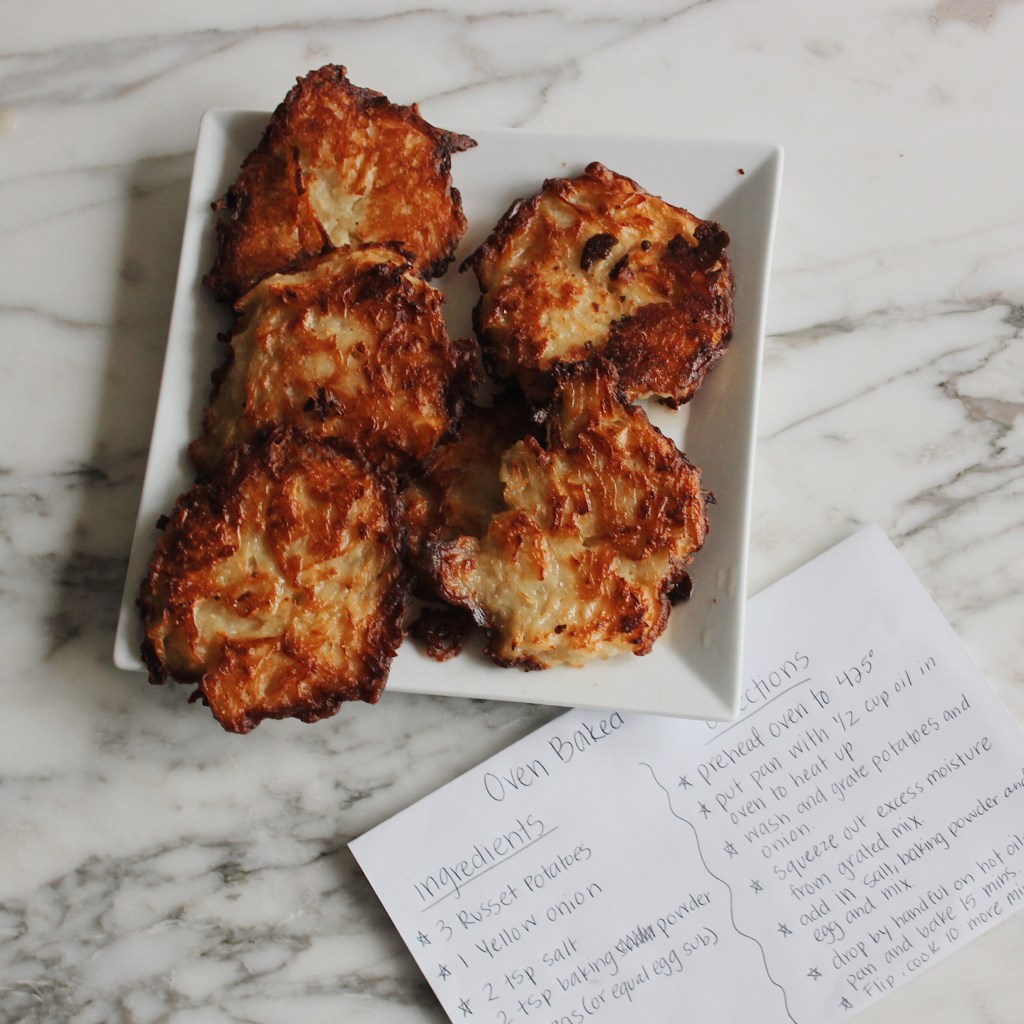
Ingredients:
3 Russet Potatoes
1 Yellow Onion
2 tsp. Salt
2 tsp. Baking Powder
2 Eggs (or egg substitute)
1⁄2 Cup Oil
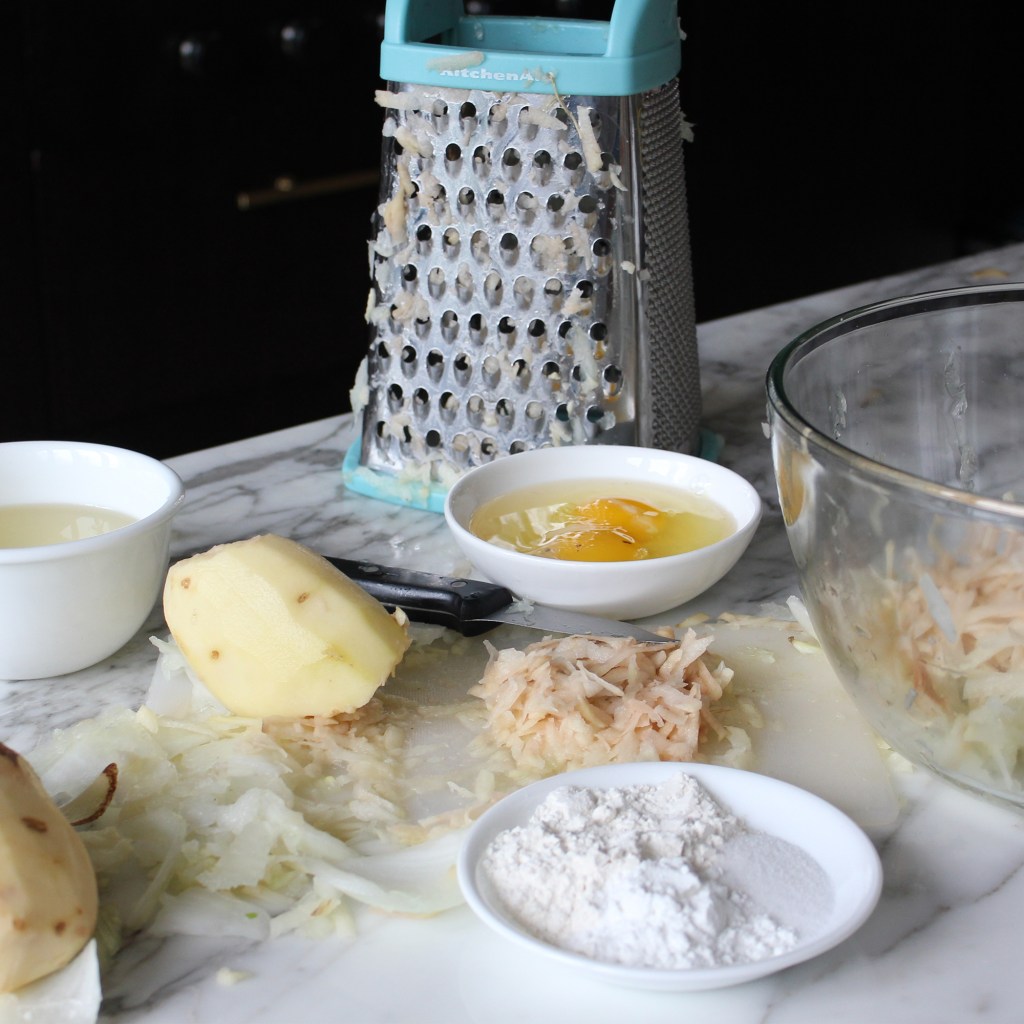
Directions:
• Preheat oven to 425 degrees
• Pour 1⁄2 cup of oil into a baking pan in the oven to heat for 10 minutes
• Wash and grate the potatoes and onion
• Combine the potatoes and onion together
• Squeeze out excess moisture from grated mix
• Add in salt, baking powder, and eggs
• Carefully remove oiled pan from oven
• Drop handfuls of the mixture onto the oiled pan and gently flatten
• Bake for 15 minutes
• Remove from oven and flip
• Bake for an additional 10 minutes
• Take out and enjoy!
*I love the first bite of a warm latke. I normally eat them plain, but many like to garnish them with powdered sugar, applesauce, sour cream, or ketchup.
